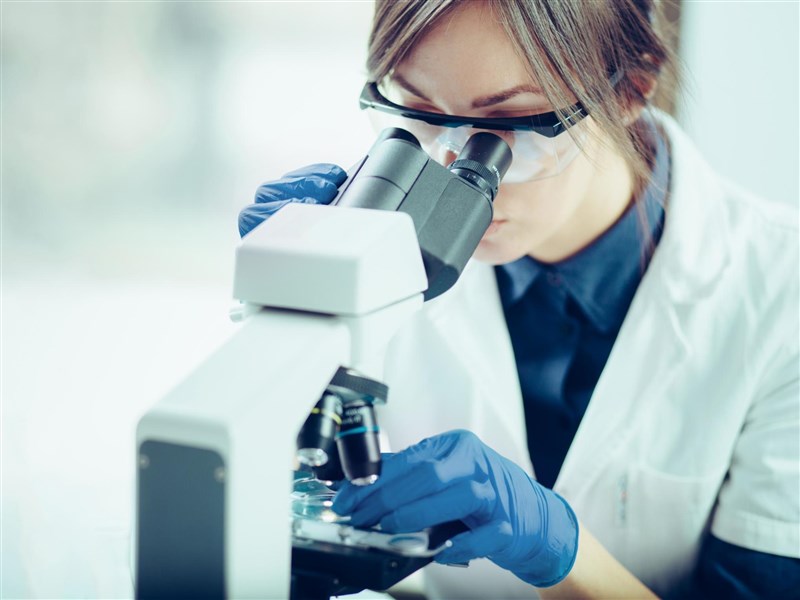Early trials of a new test for coronavirus open up the possibility of "rapid identification" for the disease in seconds rather than hours.
Research shows breath analysis developed in Wales may be able to distinguish Covid-19 from other chest infections almost immediately.
Results published by the Lancet follow trials in Scotland and Germany.
Developers Imspex Diagnostics said its devices could be ready to use in six months - if they can secure funding.
"The potential, I think, is very exciting," said founder and chief executive Santi Dominguez.
"Being so immediate, you could see many different applications outside a traditional hospital environment.
"You could see the potential in aviation, you could see it in transportation in general, you could see it in immigration.
"You could take a quick sample, it's non-invasive, you don't need a particularly specialised person to collect those samples - and a few minutes later you get a result."
The latest machines were developed by Imspex at its headquarters in the Cynon Valley in south Wales.
Originally, the technology was being used to develop tests to detect illnesses such as lung cancer, and how to distinguish between bacterial and viral respiratory diseases quickly.
But as the new strain of coronavirus became a global pandemic, the firm took the decision to focus its diagnostic efforts on the emerging disease.
"We do have experience in that area, and experience in its implementation. When Covid came along, it made us divert in that direction and to contribute to the effort," added the Imspex chief.
The tests were able to make out a "signature" for Covid in the chemicals, which was then confirmed by more traditional, and invasive, swab tests.
In 80% of cases, they were able to accurately predict if the patient had Covid-19 - distinguishing the illness from other breathing problems such as asthma or bacterial pneumonia.
In the Edinburgh study, the researchers also identified chemical compounds that had a "significant predictive power" for the severity of the Covid infection, and whether it may cause death.
The scientists concluded: "If shown to be reliable, it offers the possibility for rapid identification or exclusion of Covid-19 in emergency departments or primary care that will improve management of patients and safety of healthcare staff."
They added: "Development and validation of this approach may allow rapid diagnosis of Covid-19 in the coming endemic flu seasons."
Paul Thomas, from Loughborough's department of chemistry, said he was "hugely encouraged" by the results.
However, these remain small scale studies, with about 100 patients involved.


















.webp)






